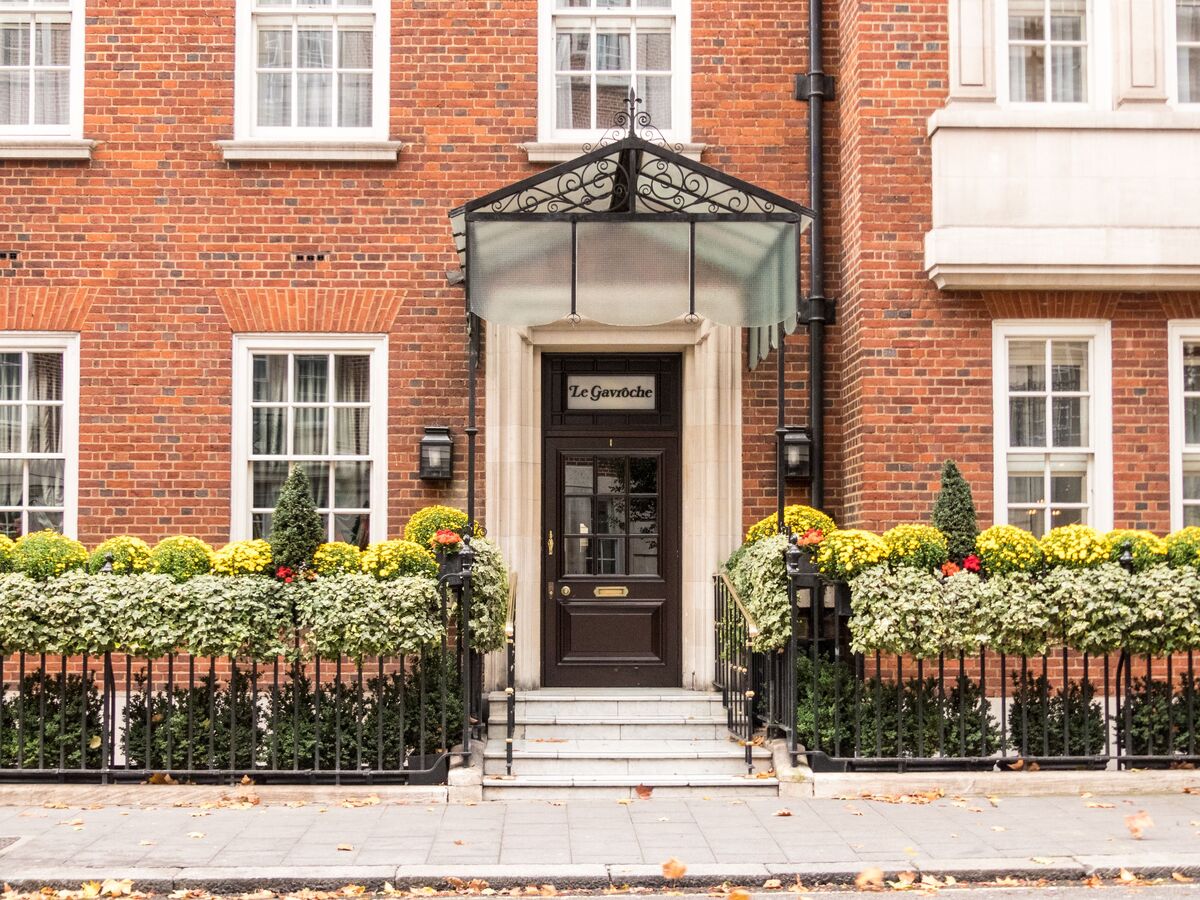How to… prevent linen loss
The theft of hotel and restaurant laundry is a major problem, warn Murray Simpson and Janine Mills
For every strip of lead stolen from a church roof or railway cable removed, there is an equivalent amount of linen taken, mislaid or spoiled in UK hotels and restaurants.
Stock is going missing. It might not make the headlines, but it is happening nonetheless and will have a major impact on the operating costs of the sector. Textile Services Association (TSA) members have reported that numerous hotels had their laundry rooms raided last year, and in some instances all of the stock was stolen. Even in a medium-sized 100-bed hotel that could be as much as £30,000 worth of linen and towelling.
The impact on cost for the commercial laundries that supply this linen is becoming a real issue. Reports of such thefts have to be taken seriously; indeed, any theft of linen has an impact on the bottom line, but because the linen is rented it is often not seen as a valuable asset within the sector.
This is a big problem for UK commercial laundries, and if not resolved will start to have a significant impact on the rental cost model. Currently the hospitality sector rents as much as 90% of its linen from specialist commercial laundries on long term contracts, rather than buying it themselves. In normal times, this business model provides the hospitality sector with valuable economies of scale, but this will change if stock costs are not managed.
Everyone in the supply chain is under pressure to manage their costs better. Yet, linen is regarded as disposable or even forgettable. However, a duvet cover might be worth £15, a bed sheet up to £7 and such costs must be catered for somewhere in the supply chain.
Compare linen to another hospitality commodity - alcohol. How many bar cellars are left unattended and unlocked? None. Yet, how many laundry rooms are secure? When you consider that the average hotel bedroom might have at least £30 of linen stock in it when a guest arrives, the value begins to add up. Typically a hotel holds up to three sets of linen per room and if it is working with a commercial laundry there will be another two sets being washed, renewed or ready to be delivered. That's at least £150 per room.
Murray Simpson is chief executive of the Textile Services Association and Janine Mills is head of information services at the Institute of Hospitality
Five ways to manage linen more effectively
1 The TSA and Institute of Hospitality are running a campaign to encourage everyone to manage their linen better and report suspected linen crime. Anyone with a concern can report it confidentially to Crimestoppers on 0800 555 111.
2 Commercial laundries are aiming to work in partnership with their customers to make everyone dealing with linen more aware of its intrinsic value - to change the culture of linen use. So far, this approach has been well-received.
3 Your linen store should be on the ground floor of your main building. Make sure it is well-lit, dry, and warm - with a lock on the door.
4 Rotate your linen stock regularly to avoid light damage and reduce wear and tear. Work to an agreed schedule with the laundry supplier. Check all the deliveries and collections. Never leave the laundry trolleys unattended. Make sure all staff do not misuse the linen, eg. it is a pillow case, not a duster.
5 Tightening up processes will help reduce the opportunity for fraud. By working together, the hospitality and laundry industries can stop linen crime before it starts.

















